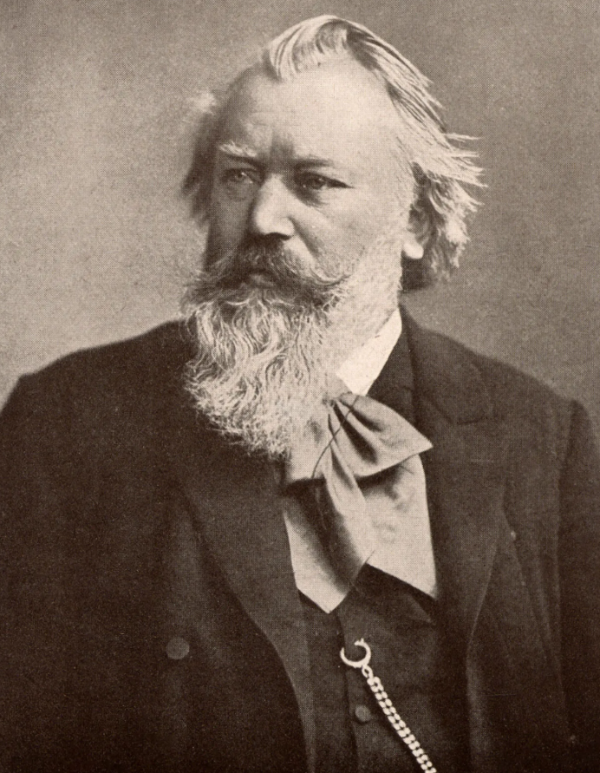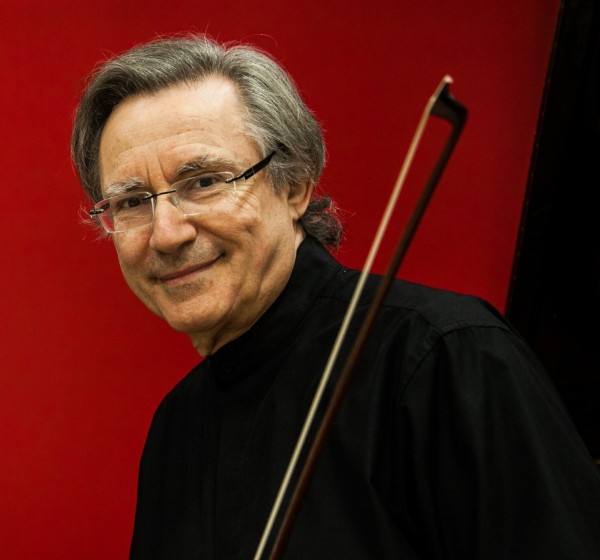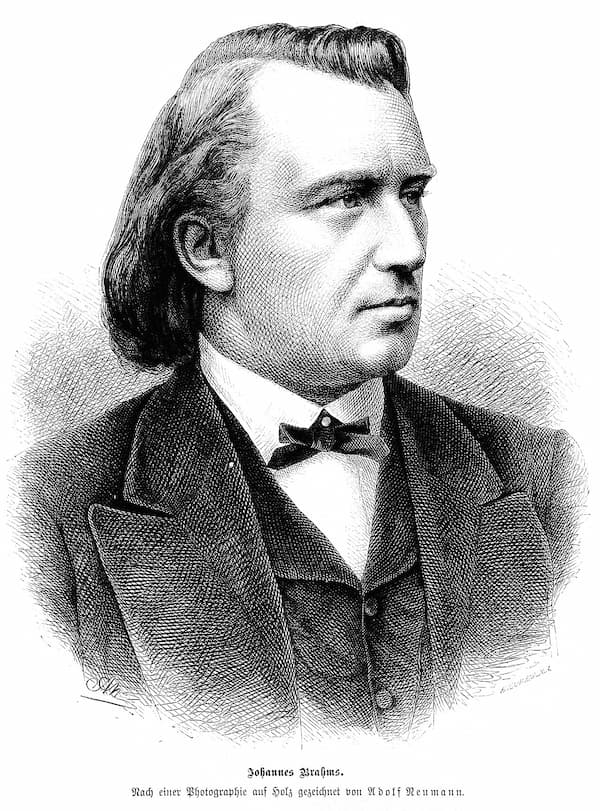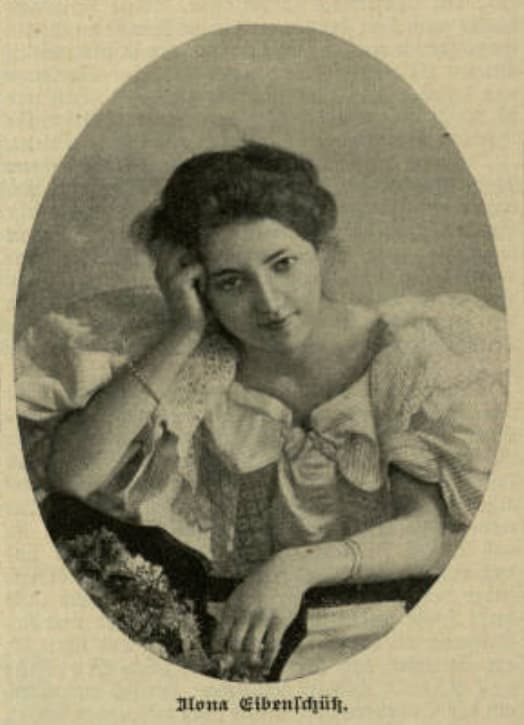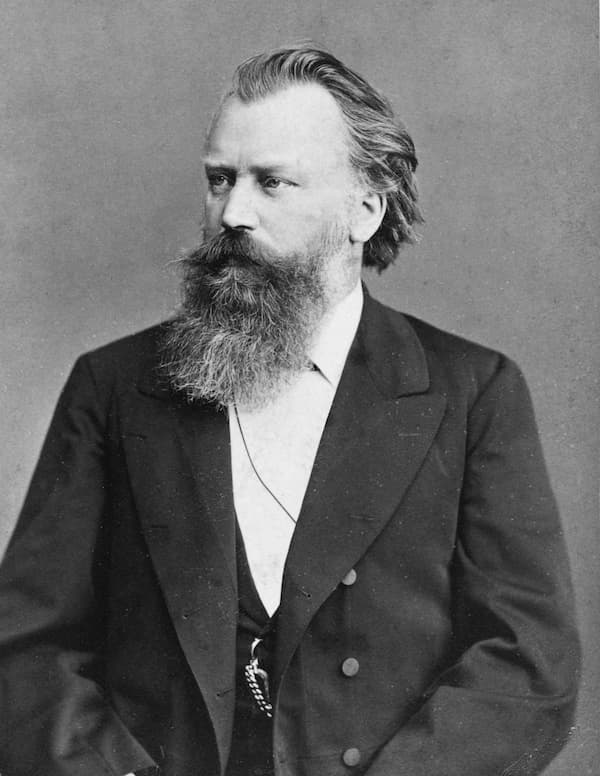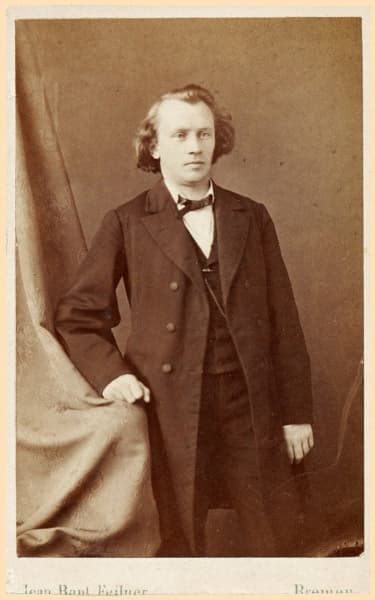Classical musicians often put music into boxes. Sonatas and symphonies are considered Serious with a capital S, whereas waltzes and dance music are often dismissed as mere light trifles. So it may come as a surprise to find out that
Brahms
First aired on 24 May 2024, the Arte Concert “Jean-Jacques and Alexandre Kantorow interpret Brahms,” performed with the Orchestre de Chambre de Lausanne, showcases a remarkable father-son collaboration. The father sets the tone conducting Camille Saint-Saëns’ Symphony No. 2, and
Today, Johannes Brahms is considered a towering figure in 19th-century music, and his symphonies are a cornerstone of the classical repertoire. However, his music enjoyed a rather complex and evolving reception, especially in the Anglo-American world. In Britain and the
Johannes Brahms’s carefully crafted music can be difficult for some listeners to immediately connect with. Sometimes it takes the memories of the colleagues who knew him best to paint a more human portrait of the man. One incredible source of
Pianist Krystian Zimerman (b. 1956) expanded his repertoire from solo piano (after winning the IX International Chopin Piano Competition in 1975) to duo works, working with violinist Kaha Danczowska in 1977 and recording Franck’s Sonata and Szymanowski’s Mythes together. More
Growing up in Hong Kong, it’s fairly typical that I’ve been a pianist my whole life. I’ve hammered out everything from Bach to Rachmaninoff with a kind of stubborn focus. The piano is my territory; it is familiar, reliable, and
Johannes Brahms had trouble with women. He objectified most of them, thought of them as either Madonnas or whores, and heartily agreed with prevailing social attitudes that they should concentrate on Kinder, Küche, Kirche (Children, Kitchen, Church), to quote a
Max Bruch: Symphony No. 1 in E-flat Major, Op. 28 It has been said that Johannes Brahms and Max Bruch (1838-1920) enjoyed a long but superficially cordial relationship. Actually, Bruch considers Brahms “an arrogant and disagreeable man, liable to react

